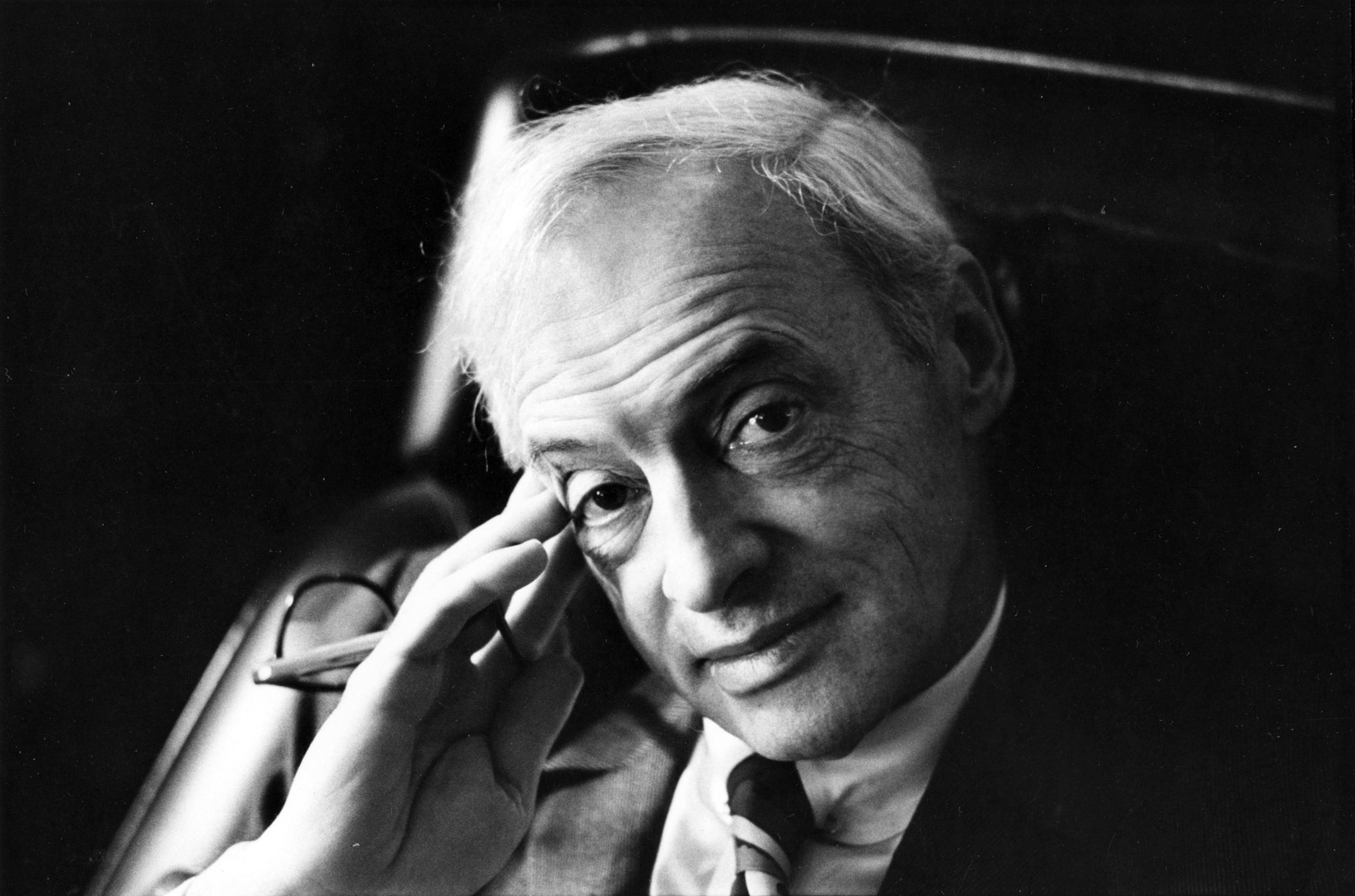Bellow, Saul (1915-2005), was an American author. In 1976, Bellow was awarded the Nobel Prize for literature. He also received the 1976 Pulitzer Prize for fiction for Humboldt’s Gift. Three of his novels won National Book Awards—The Adventures of Augie March in 1954, Herzog in 1965, and Mr. Sammler’s Planet in 1971.

Bellow’s first two novels are dark, almost grim. Dangling Man (1944) describes how World War II embitters its young hero and arrests his intellectual and spiritual growth. The Victim (1947) dramatizes the psychological destructiveness of anti-Semitism for both persecutors and victims. In The Adventures of Augie March (1953), Bellow more fully expressed his serious concerns in the exuberant, comic style that characterizes his best fiction. March is half rogue and half hero. He zestfully keeps one step ahead of those who want to trap him into their own narrow value systems. Henderson, the middle-aged hero of Henderson the Rain King (1959), seeks truth among African tribes.
In his next three novels, Bellow turned from boisterous heroes, such as March and Henderson, to older and more thoughtful characters. The hero of Herzog (1964) is a literature scholar. His guilt, marriage problems, and dissatisfaction with the United States in the 1950’s drive him to take an impossibly idealistic view of the world. In Mr. Sammler’s Planet (1970), an elderly Jewish scholar confronts the violence and tensions of modern life in New York City. Humboldt’s Gift (1975) is built on the relationship between a middle-aged author, Charlie Citrine, and a gifted but eccentric poet. Citrine, like Herzog, gains wisdom only after financial and romantic misadventures. The Dean’s December (1982) deals with an American college dean and his reflections on the problems of modern life. More Die of Heartbreak (1987) also examines modern problems of alienation and loneliness. The central character in Ravelstein (2000) resembles a friend of Bellow’s, conservative critic Allan Bloom.
Bellow was born on June 10, 1915, in Lachine, a suburb of Montreal, Canada. When he was 9 years old, his family moved to Chicago, a city that he portrayed vividly in several novels. Bellow also wrote three novellas, Seize the Day (1956), A Theft (1989), and The Bellarosa Connection (1989). His other works include a book of political observation, To Jerusalem and Back (1976), as well as criticism and drama. His short stories were collected in Collected Stories (2001). Bellow’s nonfiction has been collected in It All Adds Up (1994) and There Is Simply Too Much to Talk About (2015). Bellow died on April 5, 2005. The Library of America published authoritative editions of Bellow’s novels in four volumes (2003-2015).
